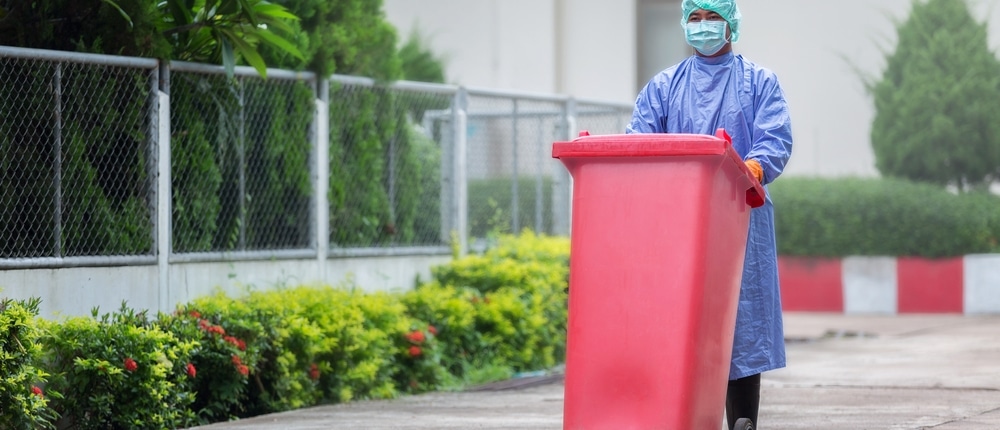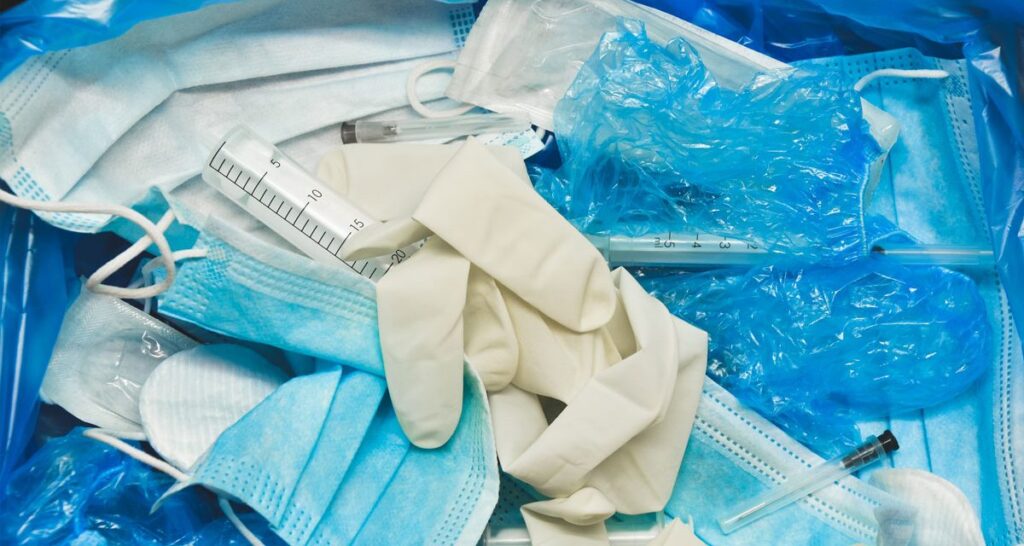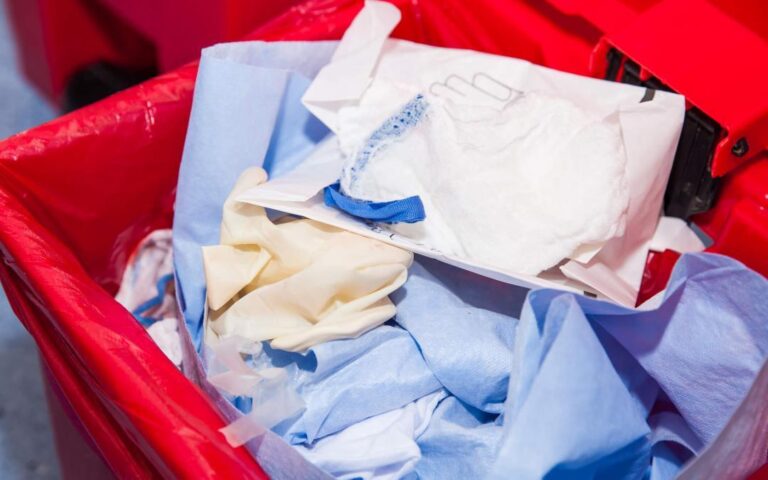The proper management of medical waste is essential for public health. Medical waste, which includes needles, syringes, body parts, and other health-care-related items, can create a dangerous environment if not properly handled and disposed of.
By properly managing medical waste, we can reduce the spread of infectious diseases and protect both patients and healthcare personnel from exposure to harmful materials. Proper management also ensures that hazardous materials are disposed of correctly in order to minimize environmental contamination. The importance of proper Medical Waste Management for public health cannot be overstated; it is vital for protecting both individuals and the planet at large.
1. Understanding the Importance of Medical Waste Management
The vitality of proper medical waste management for public health is an important topic to understand and discuss. This essay examines the importance of managing medical waste in order to protect public health and safety. Unsafe disposal of medical waste can lead to serious health risks, including the spread of germs, bacteria, viruses, parasites, and other disease-causing organisms.
It can also contaminate soil and water sources with hazardous chemicals that can cause severe damage to human health over time. In addition, improper management of medical waste may result in high costs for healthcare facilities as well as increased risk for workers who come into contact with these materials. Therefore, it is essential that all healthcare facilities have proper protocols in place when disposing of their medical waste so as to minimize any potential risks associated with them.
2. Identifying Potential Health Risks from Neglecting Proper Disposal Practices

Proper medical waste management is essential for public health. Neglecting proper disposal practices can lead to a number of potential health risks, including the spread of disease and infection. Improperly discarded sharps or needles can cause direct physical harm through accidental punctures and cuts, while hazardous materials such as pharmaceuticals, chemicals, and heavy metals can contaminate water supplies when not disposed of properly.
Additionally, improper segregation of medical waste in landfills or illegal dumping sites increases the risk of air pollution due to the release of toxins into the atmosphere. Thus, it is important to ensure that all medical waste is disposed of safely in order to protect public health from avoidable illnesses and injuries caused by inadequate disposal practices.
3. Evaluating Strategies for Ensuring Public Safety and Security
Proper medical waste management is essential for ensuring public safety and security. Medical waste contains potentially hazardous materials that can spread disease or cause injury if not handled correctly. Effective strategies for managing medical waste include storing it safely, disposing of it responsibly, and educating healthcare workers on how to properly handle the material.
Storing medical waste in secured containers away from public areas is a crucial step in keeping people safe from exposure to dangerous substances. Disposing of the waste through approved channels also helps keep the environment safe from contamination by harmful materials such as biohazards and chemicals.
Lastly, providing education to healthcare staff about proper disposal methods ensures that they are aware of the risks associated with handling medical waste and take necessary precautions when doing so. the combination of these strategies makes proper medical waste management an important factor in protecting public health and safety.
4. Implementing Regulations and Guidelines to Reduce Risk Factors

Implementing regulations and guidelines to reduce risk factors is an essential part of proper medical waste management for public health. Effective regulation helps ensure that all medical waste is disposed of in a safe, secure, and environmentally friendly manner. Established guidelines help protect healthcare workers from exposure to hazardous materials when handling medical waste and also provide guidance on how best to manage the disposal process.
The use of proper personal protective equipment (PPE) is necessary whenever dealing with potentially dangerous substances like sharps or infectious materials; these regulations must be followed closely in order to minimize the potential for harm. Additionally, organizations should implement systems that monitor the tracking and transport of medical waste so that it can be properly managed throughout its life cycle.
Finally, clear communication between personnel about appropriate protocols for disposing of different types of medical waste will help maintain compliance with local laws as well as promote safety within healthcare facilities.
5. Assessing Benefits of Properly Managed Medical Waste
The importance of proper medical waste management for public health cannot be overstated. Medical waste, if not managed properly, has the potential to spread harmful bacteria and viruses that can cause serious illnesses in humans and animals. Properly managed medical waste helps ensure that hazardous materials are isolated from the general population, thus reducing the risk of contamination and disease transmission.
Additionally, properly managed medical waste reduces environmental impacts such as air pollution and water contamination caused by improper disposal methods. Through proper assessment of benefits associated with properly managing medical waste, healthcare facilities can help protect both human health and our environment.
Conclusion
The conclusion of the vitality of proper medical waste management for public health essay outlines the importance of proper medical waste management in protecting public health. It emphasizes that proper disposal and treatment are essential to prevent contamination, reduce costs, and ensure safety.
Additionally, it stresses the need for better education and awareness among healthcare professionals about proper medical waste management practices. Finally, it suggests that governments should provide more resources to help with effective medical waste management systems.
